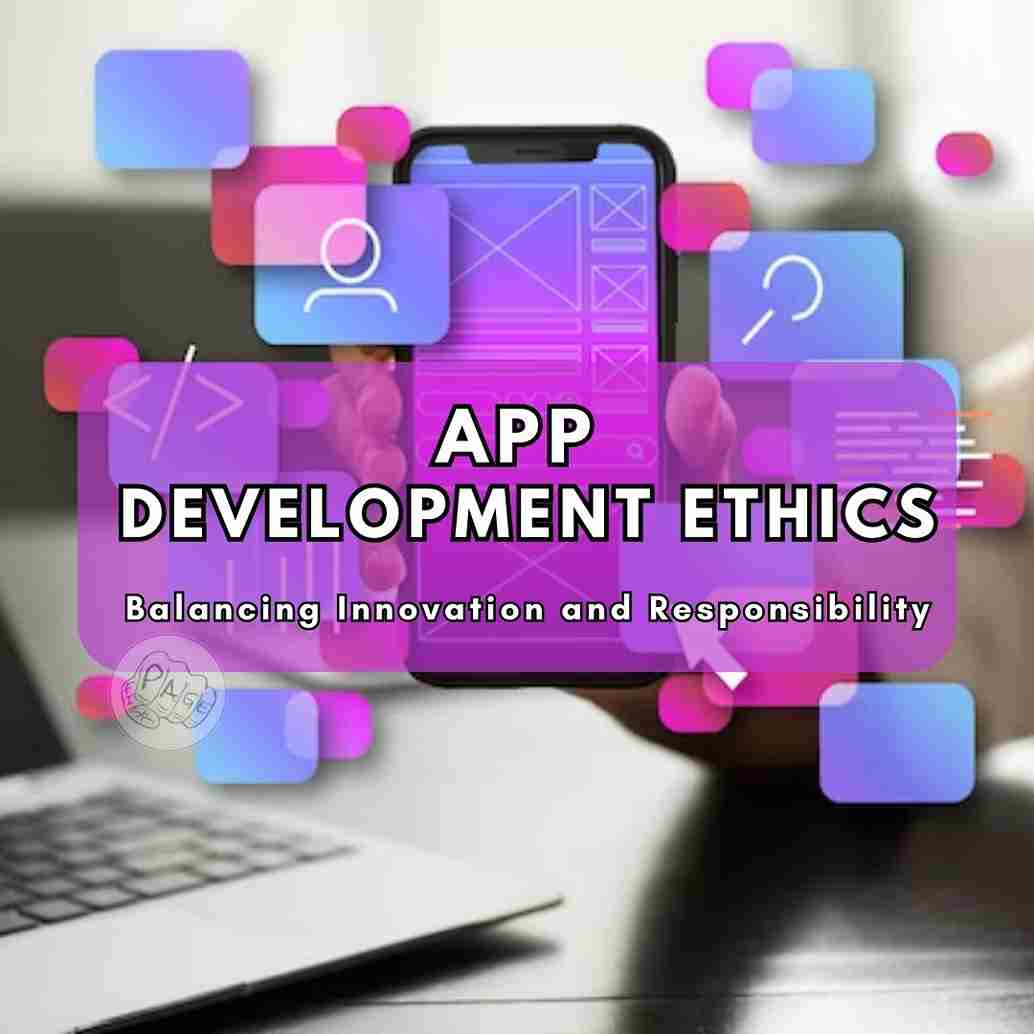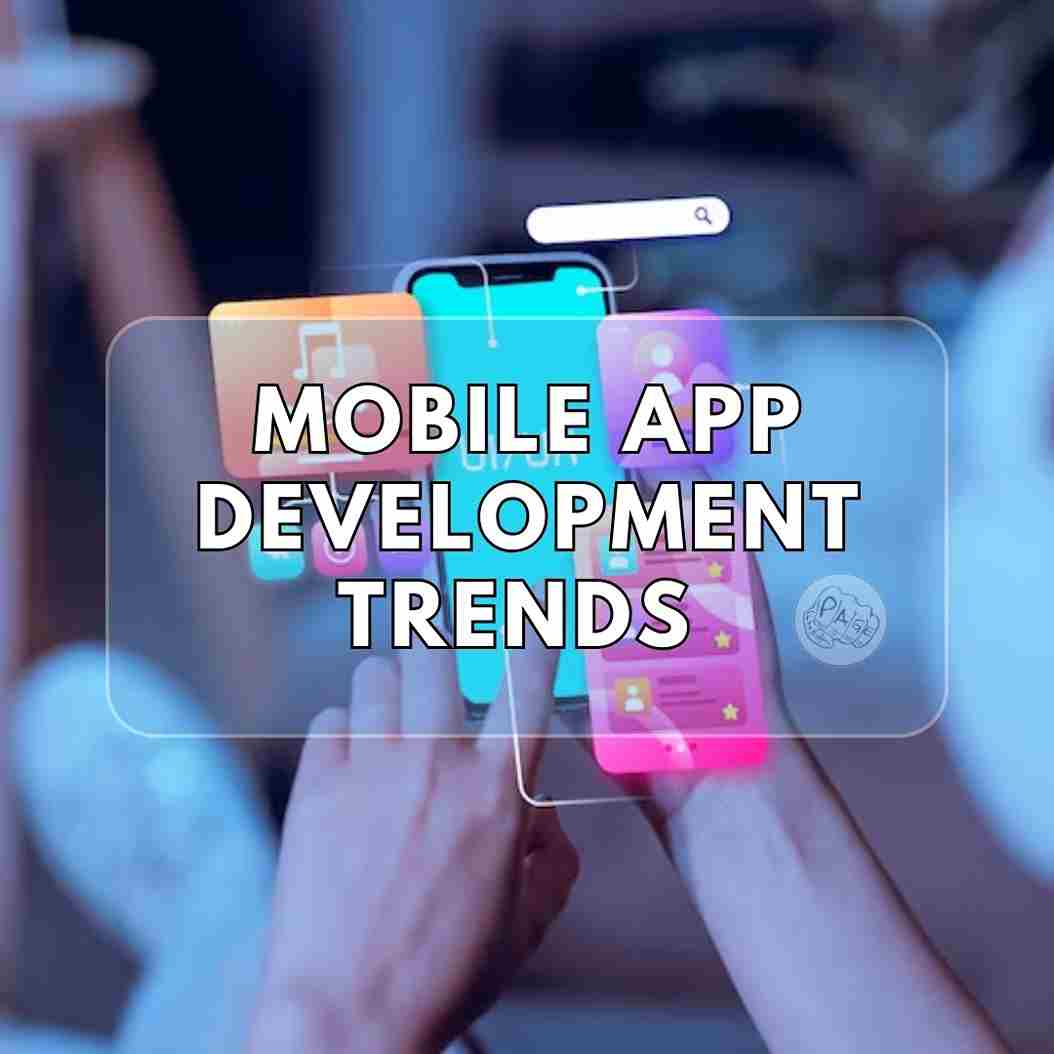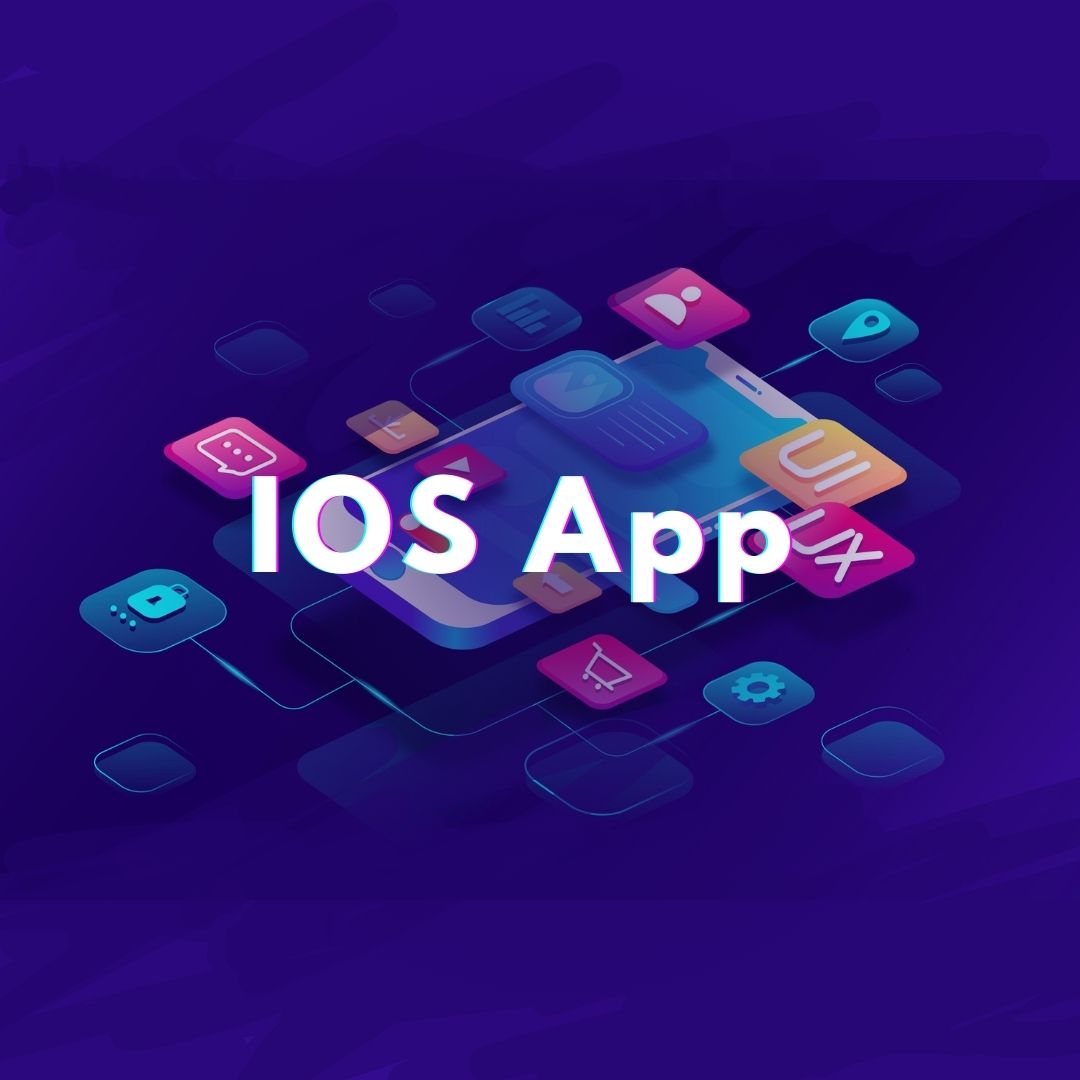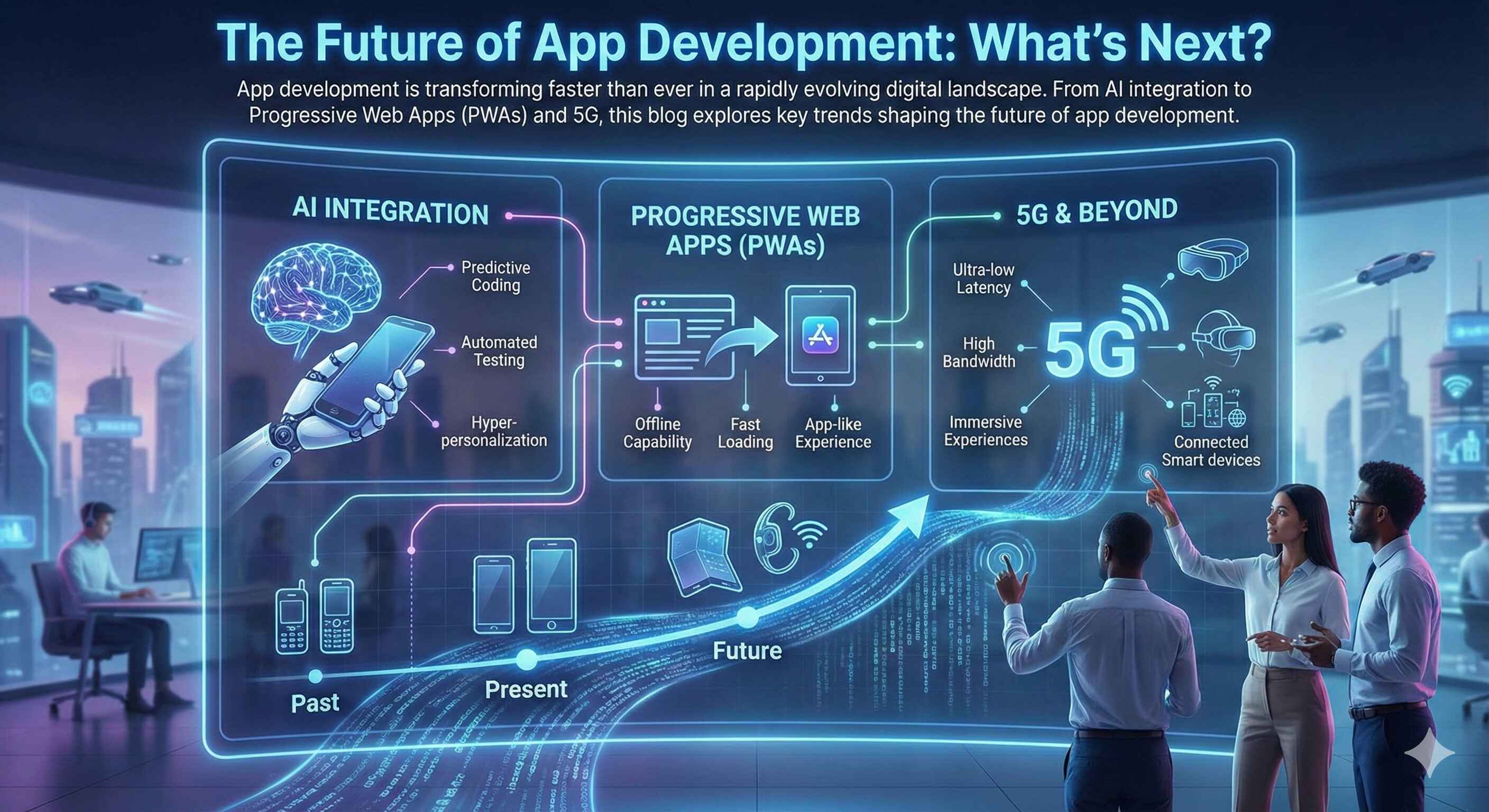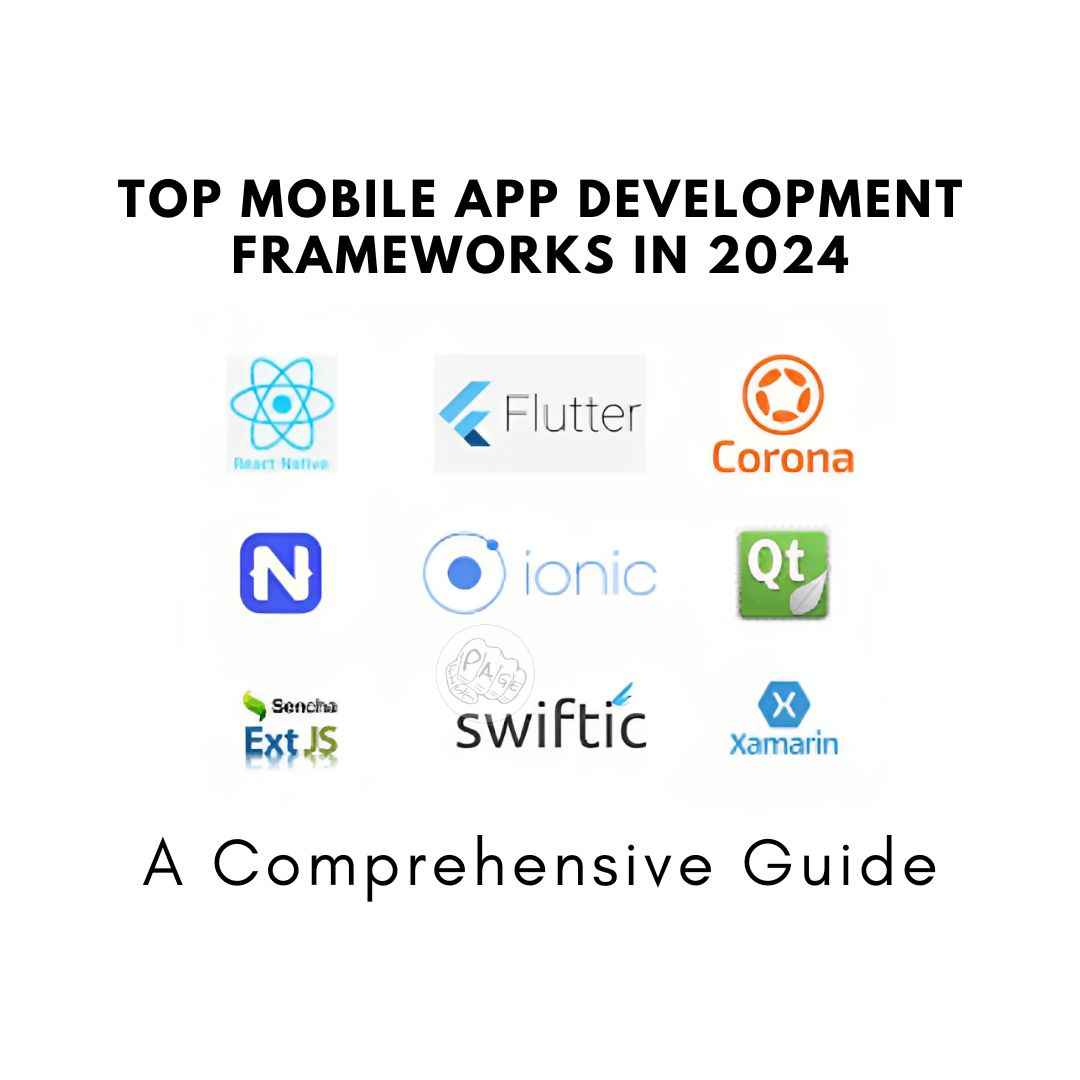App Development Ethics: Balancing Innovation and Responsibility
Dive into the world of app development ethics, where innovation and responsibility intersect. Explore the challenges, dilemmas, and solutions in this ever-evolving digital landscape.
Introduction
Welcome to the dynamic realm of App Development Ethics, where cutting-edge innovation and profound responsibility shake hands! In a world where apps are as ubiquitous as morning coffee, developers are the unsung heroes of our digital age. They craft the tools that simplify our lives, connect us with loved ones, and entertain us during our daily commutes. But beneath the glitz and glamor of app stores lies a complex web of ethical considerations that every developer must navigate.
Have you ever wondered about the morality behind the apps you use daily? Are the developers thinking about your privacy? How do they ensure fairness and inclusivity? In this article, we will embark on a fascinating journey to explore the delicate balance between pushing technological boundaries and upholding ethical standards in app development.
The Wild West of Data Privacy
Unveiling the Data Dilemma
Picture this: you're swiping through a dating app, scrolling through potential matches, and suddenly, you realize that the ads on your social media feed seem eerily connected to your dating preferences. How did that happen? Welcome to the wild west of data privacy, where your personal information can be a prized commodity!
App Development Ethics: Balancing Innovation and Responsibility demands that developers tread cautiously in the realm of data collection. The dilemma is clear: on one hand, gathering user data can enhance app functionality, making it more personalized and efficient. On the other hand, it raises significant concerns about user consent and privacy.
The Responsibility Checklist
Developers take note! Here's your trusty checklist for responsible data handling:
-
Transparency: Always inform users about the data you collect and how you intend to use it. No one likes surprises, especially when it comes to their personal information.
-
Consent: Prioritize obtaining explicit consent from users before collecting any sensitive data. Make sure they know what they're signing up for.
-
Anonymization: Whenever possible, anonymize data to protect user identities. It's like giving your users a digital superhero mask.
-
Security: Fortify your data vaults with robust security measures. Nobody wants their personal information to fall into the wrong hands!
-
Purpose Limitation: Use collected data only for the purposes stated upfront. Resist the temptation to exploit it for other gains.
Accessibility for All: Inclusive Design
The Inclusivity Imperative
Imagine trying to use an app, but the text is too small to read, or the buttons are so tiny, that you can't tap them accurately. Frustrating, right? For many users with disabilities, these issues aren't just annoyances; they're barriers to participation in the digital world.
App Development Ethics: Balancing Innovation and Responsibility requires developers to make their creations accessible to everyone. It's not just about compliance; it's about creating a more inclusive society.
The Inclusive Toolkit
Here's how you can champion inclusivity in your app development:
-
User Testing: Include individuals with disabilities in your user testing phase. Their feedback is gold!
-
Accessible Design: Prioritize readability, keyboard navigation, and voice control compatibility in your app's design.
-
Alt Text for Images: Don't forget to add alternative text for images. It's a small effort with a big impact on visually impaired users.
-
Caption and Subtitle Videos: Make your multimedia content accessible with captions and subtitles.
-
Continuous Learning: Stay updated with accessibility guidelines. The digital landscape is always evolving, and so are best practices.
The Dark Side of Gamification
Addiction vs. Engagement
Gamification, the art of turning everyday activities into game-like experiences, can be a double-edged sword. While it can enhance user engagement, it can also lead to addiction. It's like trying to balance on a seesaw; one wrong move, and you're in trouble!
App Development Ethics: Balancing Innovation and Responsibility in gamified apps involves a fine line between keeping users engaged and preventing them from falling into the abyss of addiction.
Responsibility in Gamification
So, how can you wield gamification responsibly? Here are some pointers:
-
Time Limits: Implement features that encourage users to take breaks and set time limits on app usage.
-
Reward Balance: Ensure that rewards are achievable without excessive use of the app. Nobody should feel compelled to play for hours just to get a virtual badge.
-
User Well-being: Monitor user behavior and intervene if patterns of addiction emerge. Your app should enhance lives, not consume them.
-
Educational Value: Infuse educational elements into gamified apps to make sure users are gaining something positive from their engagement.
The Ethical Algorithm Challenge
The Bias Conundrum
Algorithms are the invisible hands that shape our digital experiences, from social media feeds to personalized recommendations. However, they are not immune to biases, and sometimes, they can perpetuate unfair stereotypes or discrimination. It's like having a well-intentioned but slightly misguided friend.
App Development Ethics: Balancing Innovation and Responsibility calls for developers to wrestle with the bias conundrum head-on.
Taming the Algorithm Beast
Here's how you can tackle algorithmic bias responsibly:
-
Diverse Data: Ensure your training data is diverse and representative to avoid skewed results.
-
Continuous Monitoring: Regularly audit and test your algorithms for bias and unintended consequences.
-
User Control: Give users control over algorithmic recommendations. Let them curate their own digital experience.
-
Transparency: Be transparent about the algorithms you use and how they work. Users appreciate honesty.
-
Bias Mitigation: Implement bias-mitigation techniques, and be open to feedback for improvement.
The Rise of Deepfakes: A Moral Quandary
Real vs. Fake
Deepfakes, hyper-realistic manipulated videos, and images have the potential to deceive and disrupt. They can blur the lines between fact and fiction, causing havoc in our already chaotic world. It's like trying to distinguish a real Picasso from a masterful forgery!
App Development Ethics: Balancing Innovation and Responsibility necessitates a serious discussion on the implications of deepfake technology.
The Deepfake Dilemma
So, how can developers address the deepfake dilemma responsibly? Here are some considerations:
-
Detection Tools: Develop and integrate robust deepfake detection tools into your apps to protect users from malicious content.
-
Education: Educate users about the existence and risks of deepfakes so they can be vigilant.
-
Ethical Use: Encourage ethical use of deepfake technology, emphasizing the importance of consent in creating and sharing such content.
-
Legislation Support: Advocate for legal frameworks that hold creators of malicious deepfakes accountable.
Conclusion: Charting a Responsible Future
In the rapidly evolving world of app development, the delicate dance between innovation and responsibility is paramount. Developers, armed with a keen sense of ethics and a commitment to user well-being, can steer this ship toward a brighter and more responsible digital future.
So, remember, it's not just about creating the next viral app; it's about creating a better world, one line of code at a time. App Development Ethics: Balancing Innovation and Responsibility isn't a choice; it's an imperative for a sustainable and ethical digital ecosystem. Embrace it, and together, we can craft a future that's both cutting-edge and conscientious.
Share This Post
Related Articles
Mobile App Development Trends to Watch in 2023
Discover the top Mobile App Development Trends to Watch in 2023! From AI-powered apps to the metaverse and blockchain integration, stay ahead in the world of mobile app development.
Cross-Platform App Development: A Solution for All Your Multi-Platform Needs
Explore the world of Cross-Platform App Development, a cost-efficient solution for clients looking to develop apps that work on multiple platforms. Discover the benefits, frameworks, and FAQs surrounding this innovative approach!
Develop iPhone App and Become an IOS Mobile App Developer
If you want to develop an iPhone app, you need to have some basic skills and tools. First, you need to know how to code in Swift, the official programming language for iOS. Swift is a modern and powerful language that lets you create fast and responsive apps. Second, you need to have a Mac computer and Xcode, the integrated development environment (IDE) for iOS. Xcode is where you write, test, debug, and deploy your app. Third, you need to have an Apple Developer account and a device to test your app on. An Apple Developer account lets you access the App Store, where you can distribute your app to millions of users. A device, such as an iPhone or an iPad, lets you see how your app looks and works on a real screen.
The Future of App Development: What’s Next?
App development is transforming faster than ever in a rapidly evolving digital landscape. From AI integration to Progressive Web Apps (PWAs) and 5G, this blog explores key trends shaping the future of app development.
Top Mobile App Development Frameworks in 2024: A Comprehensive Guide
Explore the top mobile app development frameworks in 2024, including Swiftic, Native Scripts, React Native, Xamarin, Ionic, Sencha Ext JS, Onsen UI, Flutter, Corona, and JQuery Mobile. Learn which framework suits your project's needs and stay ahead in the ever-evolving world of mobile app development.
Related FAQ
No related FAQ.
Say Hello
To Your Dream
